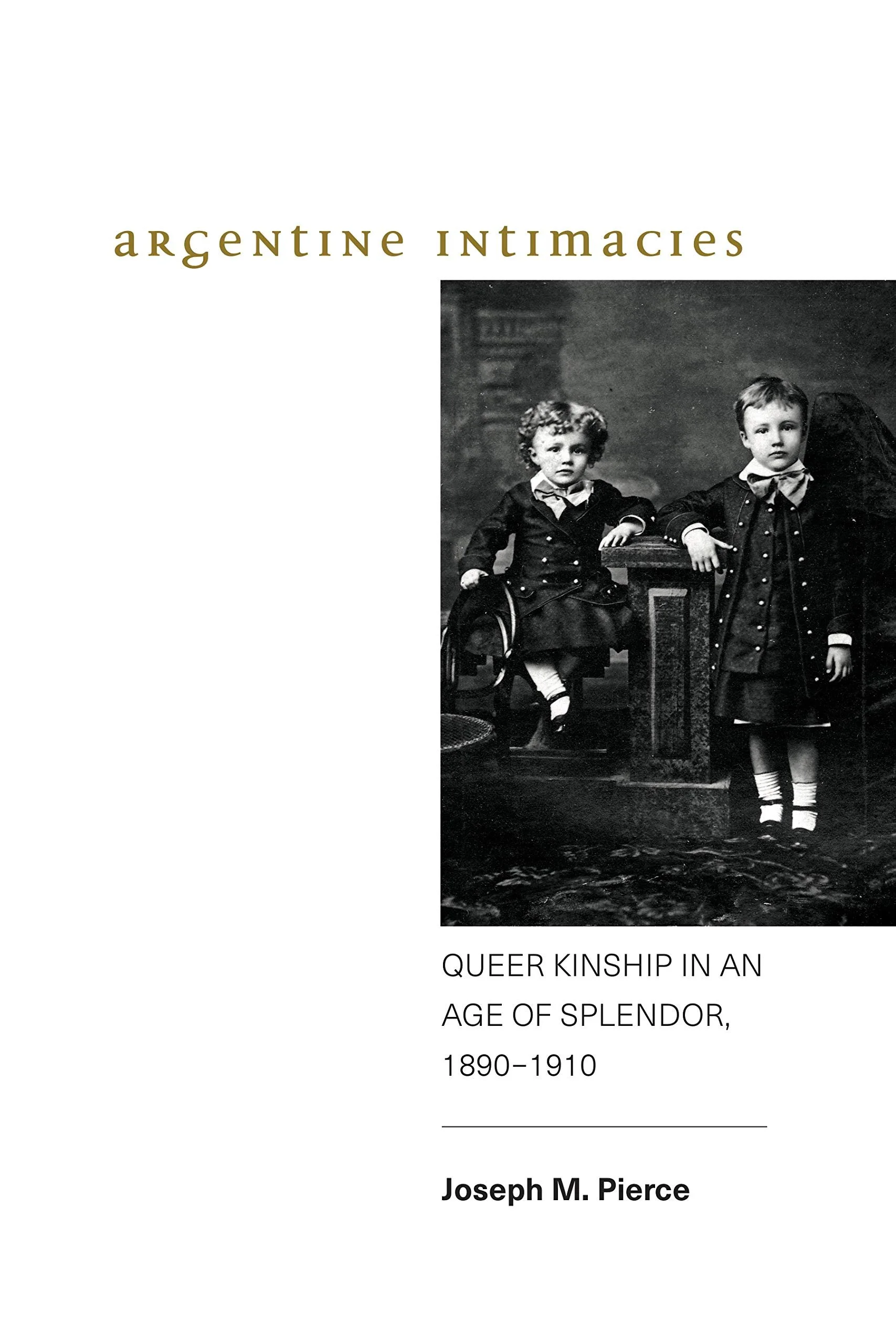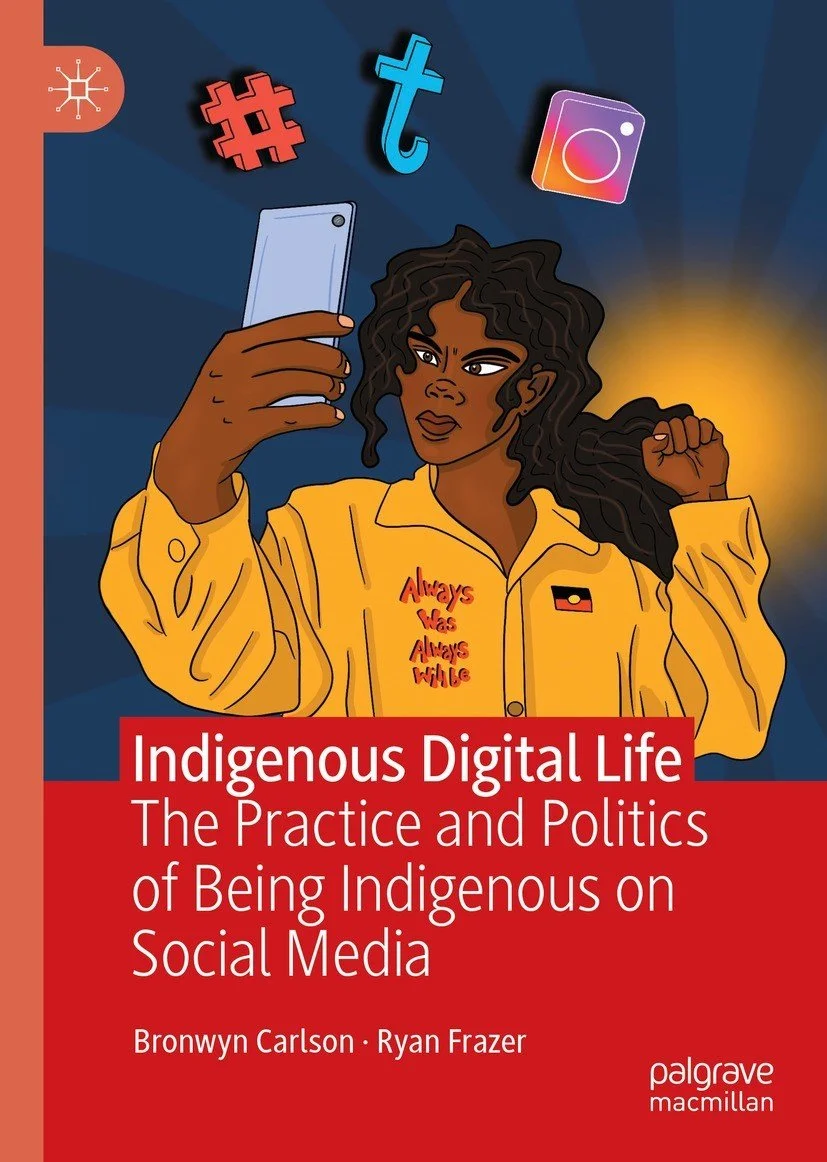Books
Embedding Culture into Video Games and Game Design: The Palm, the Dogai and the Tombstone
Author
Rhett Loban @rhett_loban
This book will help game designers and those interested in games thoughtfully embed culture into video games and the game design process.
This book raises the issue of how some cultures and communities are misrepresented in various video games. In response to this problem, designers can bring cultural considerations and practices into the centre focus of the game design process. The book advocates that designers put different measures in place to better prevent misrepresentations and engage with deeper understandings of culture to build culturally richer and more meaningful game worlds. The book uses the Torres Strait Virtual Reality project as a primary example, in addition to other game projects, to explore cultural representation in game design. Torres Strait culture is also explored and discussed more broadly throughout the book. No prior knowledge of culture studies is needed, and the book deals with higher level game design with little reference to the technical elements of game development.
This unique and timely book will appeal to those interested in the implications of cultural depictions in video games and opportunities to generate deeper cultural representations through the game design process.
Monumental Disruptions: Aboriginal people and colonial commemorations in so-called Australia
Authors
Bronwyn Carlson @BronwynCarlson
Terri Farrelly @monumental_disruptions
What is the place of Australia’s colonial memorials in today’s society? Do we remove, destroy or amend? Monumental Disruptions investigates how these memorials have been viewed, and are viewed, by First Nations people to find a way forward.
In June 2020, on the heels of Australia’s James Cook anniversary commemorations and statue-toppling Black Lives Matter protests in the USA, dozens of police were sent to guard a statue of Cook in Hyde Park, Sydney. Despite the police presence, two women spraypainted ‘sovereignty never ceded’ across the statue.
Scenes like this are being repeated around the world as societies reassess memorials that no longer reflect today’s values. Should they be removed, destroyed or amended? Monumental Disruptions looks for answers. It investigates why commemorations were erected, their meaning for Aboriginal people in Australia, both then and now, and it compares Australia’s experience with that overseas.
Those who question colonial commemorations have been called ‘UnAustralian’; but, in Australia, Aboriginal and non-Aboriginal communities are working together to forge new ways to mark the past. This timely book is essential reading for anyone interested in how a society commemorates and acknowledges its complex history.
Argentine Intimacies: Queer Kinship in an Age of Splendor, 1890-1910
Authors
Joseph M. Pierce @PepePierce
Winner of the 2020 Best Book in the Nineteenth Century Award presented by the Nineteenth Century Section of the Latin American Studies Association
As Argentina rose to political and economic prominence at the turn of the twentieth century, debates about the family, as an ideological structure and set of lived relationships, took center stage in efforts to shape the modern nation. In Argentine Intimacies, Joseph M. Pierce draws on queer studies, Latin American studies, and literary and cultural studies to consider the significance of one family in particular during this period of intense social change: Carlos, Julia, Delfina, and Alejandro Bunge. One of Argentina's foremost intellectual and elite families, the Bunges have had a profound impact on Argentina's national culture and on Latin American understandings of education, race, gender, and sexual norms. They also left behind a vast archive of fiction, essays, scientific treatises, economic programs, and pedagogical texts, as well as diaries, memoirs, and photography. Argentine Intimacies explores the breadth of their writing to reflect on the intersections of intimacy, desire, and nationalism, and to expand our conception of queer kinship. Approaching kinship as an interface of relational dispositions, Pierce reveals the queerness at the heart of the modern family. Queerness emerges not as an alternative to traditional values so much as a defining feature of the state project of modernization.
Unmasking the Racial Contract: Indigenous voices on racism in the Australian Public Service
Authors
Debbie Bargallie
Winner of the Stanner Award, 2019.
In an era of reconciliation and cultural diversity, Indigenous peoples in Australia still experience everyday and structural racisms in the workplace. Unmasking the Racial Contract is a study of one such workplace: the Australian Public Service. Bargallie shows that despite claims of fairness, inclusion, opportunity, respect and racial equality for all, Indigenous employees continue to languish on the lower rungs of the Australian Public Service employment ladder. By showing how racism is normalised in white institutions, Bargallie aims to help us see and understand — and ultimately challenge — racism.
This original and innovative book, written from an Indigenous standpoint, is the first to use race as a key framework to critically examine the discrimination faced by Indigenous employees in an Australian institution. Bargallie provides an insider’s perspective and privileges the voices of other Indigenous employees, and she applies critical race theory to unmask the racial contract that underpins the ‘absent presence’ of racism in the Australian Public Service.
Bargallie provides an important counter-narrative to the pervasive myth of meritocracy, and encourages readers to consider the effects of the racial contract in colonial–colonised relations in Australia more broadly.
Network Sovereignty: Building the Internet across Indian Country
Authors
Marisa Elena Duarte @marisaelena1979
In 2012, the United Nations General Assembly determined that affordable Internet access is a human right, critical to citizen participation in democratic governments. Given the significance of information and communication technologies (ICTs) to social and political life, many U.S. tribes and Native organizations have created their own projects, from streaming radio to building networks to telecommunications advocacy. In Network Sovereignty, Marisa Duarte examines these ICT projects to explore the significance of information flows and information systems to Native sovereignty, and toward self-governance, self-determination, and decolonization.
By reframing how tribes and Native organizations harness these technologies as a means to overcome colonial disconnections, Network Sovereignty shifts the discussion of information and communication technologies in Native communities from one of exploitation to one of Indigenous possibility.
Fragments from a Contested Past: Remembrance, Denial and New Zealand History
Authors
Joanna Kidman @JoannaKidman
Vincent O’Malley @vomalley
Liana MacDonald @LianaMacDonal13
Tom Roa
Keziah Wallis @walliskeziah
What a nation or society chooses to remember and forget speaks to its contemporary priorities and sense of identity. Understanding how that process works enables us to better imagine a future with a different, or wider, set of priorities.
History has rarely felt more topical or relevant as, all across the globe, nations have begun to debate who, how and what they choose to remember and forget. In this BWB Text addressing ‘difficult histories’, a team of five researchers, several from iwi invaded or attacked during the nineteenth-century New Zealand Wars, reflect on these questions of memory and loss locally. Combining first-hand field notes from their journeys to sites of conflict and contestation with innovative archival and oral research exploring the gaps and silences in the ways we engage with the past, this group investigates how these events are remembered – or not – and how this has shaped the modern New Zealand nation.
Critical Reflections and Politics on Advancing Women in the Academy
Authors
Taima Moeke-Pickering @tmoekepickering
Sheila Cote-Meek
Ann Pegoraro
Critical Reflections and Politics on Advancing Women in the Academy is a critical scholarly publication that seeks to make the Academy responsive and inclusive for women advancement and sustainable empowerment strategies by broadening the understanding of why women in the Academy are overlooked in leadership positions, why there is a pay parity deficit, and what is being done to change the situation. Featuring a wide range of topics such as mentorship, curriculum design, and equality, this book is ideal for policymakers, academicians, deans, provosts, chancellors, administrators, researchers, and students.
Indigenous Digital Life: The Practice and Politics of Being Indigenous on Social Media
Authors
Bronwyn Carlson @BronwynCarlson
Ryan Frazer
Settler societies habitually frame Indigenous people as ‘a people of the past’—their culture somehow ‘frozen’ in time, their identities tied to static notions of ‘authenticity’, and their communities understood as ‘in decline’. But this narrative erases the many ways that Indigenous people are actively engaged in future-orientated practice, including through new technologies. Indigenous Digital Life offers a broad, wide-ranging account of how social media has become embedded in the lives of Indigenous Australians. Centring on ten core themes—including identity, community, hate, desire and death—we seek to understand both the practice and broader politics of being Indigenous on social media. Rather than reproducing settler narratives of Indigenous ‘deficiency’, we approach Indigenous social media as a space of Indigenous action, production, and creativity; we see Indigenous social media users as powerful agents, who interact with and shape their immediate worlds with skill, flair and nous; and instead of being ‘a people of the past’, we show that Indigenous digital life is often future-orientated, working towards building better relations, communities and worlds. This book offers new ideas, insights and provocations for both students and scholars of Indigenous studies, media and communication studies, and cultural studies.









